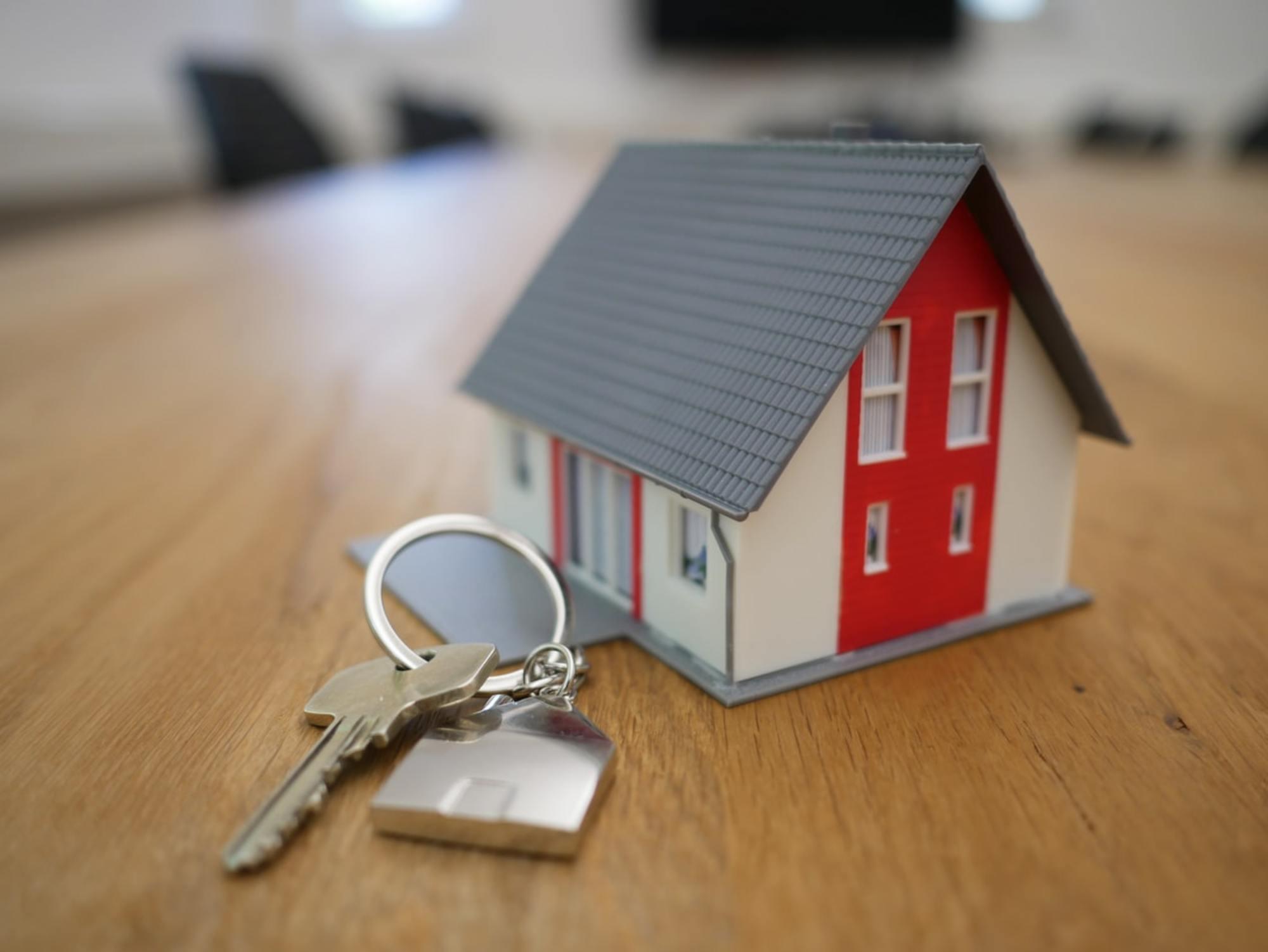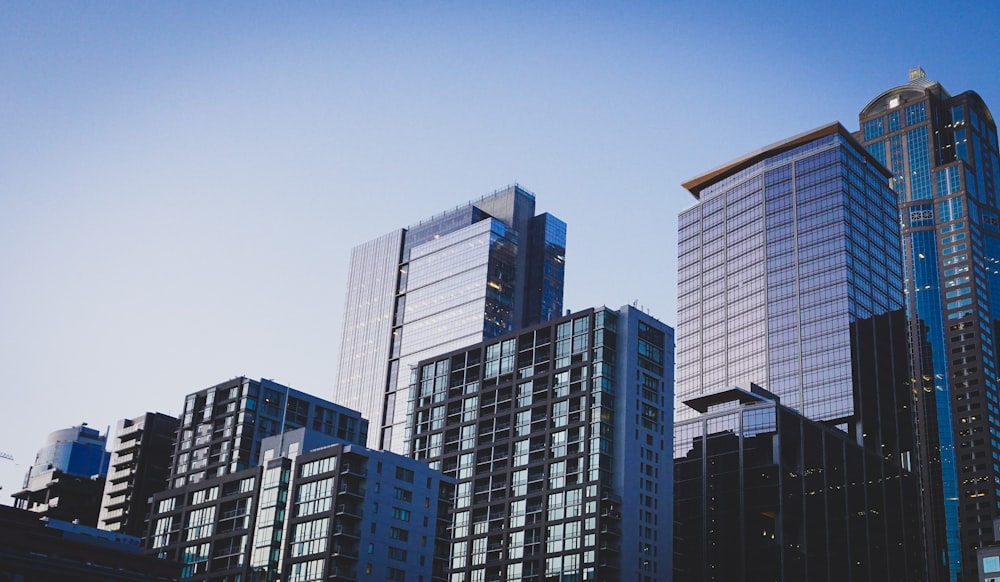
Being one of the most popular tourist destinations in the world, the country has one of the most expensive property prices in the EU. Since the demand for properties is not showing any sign of decreasing anytime soon, then the price will surely continue to rise.
With the high property prices, it may be hard for expats and foreigners to get a decent property in this country at an affordable price. But don’t be afraid, there are still lots of properties that can be rented and even purchased with an outstandingly cheap budget.
If you are an expat looking to buy or rent a piece of property in Austria, this guide contains all you need to know to buy/rent a deluxe property for the best market price.
Market Overview
Contrary to other property markets in the EU, properties in Österreich are somewhat resistant to global recessions. The property market in this state is recognized as one of the most stable and steadily developing markets on Earth.
This is a potential goldmine for all expiring investors looking to purchase dormant acres of land for future use.
Most properties in the country are apartments in the major cities and populated residential areas, while houses and cottages are popular in areas with lesser population density.
There are different types and structures of houses such as houses in the mountains with fabulous views, studio flats, wood-built lodges, and cottages.
These houses are built with the finest materials and are of a high standard. Most of these houses are unfurnished but usually come with central heating.
Since Austria allows its residents to enjoy the best standard of living on Earth, a lot of people especially foreigners are bidding for a piece of the country. Most foreign property owners are from Germany, Switzerland, Italy, and Hungary.
There are also a handful of buyers from the Middle East especially Dubai and Malaysia. Buyers from these regions usually purchase land and apartments and use them for their summer homes.
But if you still plan to purchase real estate in Österreich as an expat or investor, there are hundreds of landlords in the countryside and city centers willing to sell their property for a price that is a slightly higher price than most market rates.
Requirements and documents needed
If you are Non-EU national planning on purchasing real estate, vacation home, or investment property in Austria, you will have to obtain a special permit from the Austrian land transfer authorities. This document gives you the authority and permission to acquire real estate.
Every transaction must be handled by a notary, and the application to register the purchase must be filed with the Austrian land registry. Everything is regulated through the registry.
This procedure makes it easy for any foreigner to make risk-free purchases. You can see the owner of a property, the correct size of the apartment, the environmental hazard associated with that building, and so on.
It is basically an extra layer of security for buyers. This way you can purchase defective property even if you’ve never been to Austria.
Renting an apartment as a foreigner is very straightforward. You can rent an apartment of your choice by simply signing a lease agreement and showing proof of identity.
For some landlords, you may require proof of employment, your Austrian visa, and references from your previous landlords (translated into German if necessary.
If you are staying in the apartment for less than six weeks, it is unlikely that they would inspect anything other than your official identification document.
Average rent in Austria
In the second half of 2019, the average rent in Austria was around €530 per month (including running costs). There are still a lot of cheaper accommodation options that offer excellent facilities and friendly neighbors.
The minimum average rent in Österreich is for properties in Carinthia, apartments in these regions usually charge about €310 per month. While apartments in Vorarlberg and Vienna have the highest average monthly rent.
The table below contains the average rent of some of the most popular areas in Austria.
Location |
Average Rent Cost |
| Burgenland | €330 |
| Carinthia | €310 |
| Graz | €367 |
| Innsbruck | €411 |
| Linz | €320 |
| Lower Austria | €350 |
| Upper Austria | €390 |
| Salzburg | €450 |
| Styria | €355 |
| Tyrol | €440 |
| Vorarlberg | €500 |
| Vienna | €510 |
Average property prices
According to the ImmoDEX 2016 real estate report, the real estate prices in Austria have risen by 39% since 2010. A new 123m2 house will costs you about €380,000 in Austria. If you are purchasing the same property in Styria, Burgenland, and Lower Austria, the house may be sold for around €300,000, €260,000, and €338,000 respectively.
Vienna is one of the most expensive places to buy a new house in the country. You will spend close to €480,000 to acquire a new house close to the city center. Older properties will cost you a slightly lesser amount depending on how old the building is.
Is it better to rent or buy property in Austria?
The answer to this question depends on your needs and budget. If you are serious about living in Austria, looking for somewhere to stay while you find a permanent location is your best option.
But if it turns out that you can’t afford the house, you can rent an apartment of your choice for up to 5 years and turn it into the house of your dreams.
There are no legal restrictions on buying property but some provinces prohibit purchasing properties in certain areas if you do not plan to use the property as your permanent residence.
When it comes to buying property, both EU and non-EU nationals are allowed to bid and purchase any property of their choice. But foreigners from outside the EU will face stricter restrictions and requirements than most EU nationals.
Provinces have their land transfer laws and requirements. The conditions that buyers must meet differ between provinces and landlords but they all agree that you must provide proof that Austria is your primary place of residence before any real estate will be given to you.

